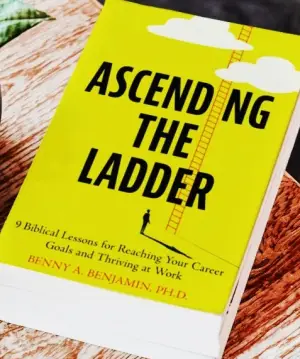Book Review: Ordinary (Powers Trilogy) by Starr Z. Davies
From the moment I read the tagline—“In a city full of superpowers, being powerless can be deadly”—I was hooked. Ordinary, the first installment in the Powers Trilogy by Starr Z. Davies, promised an intriguing twist on the superhero genre, and let me tell you, it did not disappoint! As a fan of dystopian narratives and stories that challenge traditional tropes, I felt an immediate connection to Ugene, a 17-year-old who finds himself navigating a world dictated by extraordinary powers—yet he possesses none.
A Journey of Self-Discovery and Moral Dilemmas
At its core, Ordinary explores the themes of identity, power, and the often harsh realities of being different. Ugene, thrust into the unsettling environment of Paragon—a testing facility where the powerless become guinea pigs—embodies the struggle many of us face when we feel inadequate. As his world unravels and he witnesses the brutal treatment of fellow test subjects, the story escalates from one of personal discovery to a gripping moral quandary. The stakes rise spectacularly when his friend Jade goes missing, an event that catapults Ugene from passive observer to reluctant hero.
The beauty of Davies’ writing lies not just in its action-packed sequences, but also in her ability to infuse humanity into her characters. I found myself rooting wholeheartedly for Ugene. His vulnerability and determination mirror the complexities of adolescent life, reminding us all of the harsh choices we face, even if our conflicts may not be under the shadow of superpowers.
A Vibrant, Fast-Paced Narrative
The pacing of Ordinary was like a well-tuned rollercoaster—one I couldn’t get off! Each chapter left me eager to turn the page, balancing moments of intense action with deeper emotional stakes. The writing style is accessible and engaging, making it a great fit for its target YA audience while also appealing to adult readers like myself.
One of the noteworthy aspects of the narrative is how Davies seamlessly integrates real-world concerns—like the implications of power and corruption—into her fictional landscape. It struck me how relatable the issues were, despite the fantastical elements. "Power is a double-edged sword," one character mused, a phrase that lingered in my mind long after I closed the book.
Who Should Read Ordinary?
If you’re a fan of dystopian tales that challenge social norms and push characters to their limits, this book is for you. It will captivate readers who have ever felt different or powerless in a world stacked against them. Moreover, its exploration of friendship, loyalty, and the fight against corruption makes it relevant not just for young adults, but for anyone looking to reflect on the complexities of human nature.
In summary, Ordinary isn’t just a story about superpowers; it’s about the extraordinary strength found in being ordinary. It’s a thoughtful, thrilling journey that left me pondering the nature of power and identity long after the final page was turned. So, grab your copy and step into Ugene’s world—you might find yourself questioning the powers you hold, or don’t hold, in your own life.






